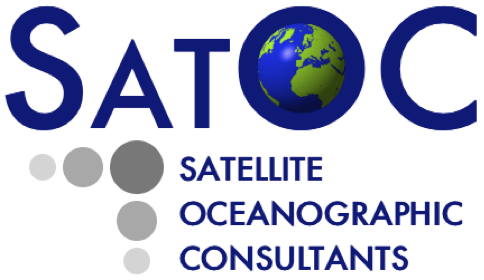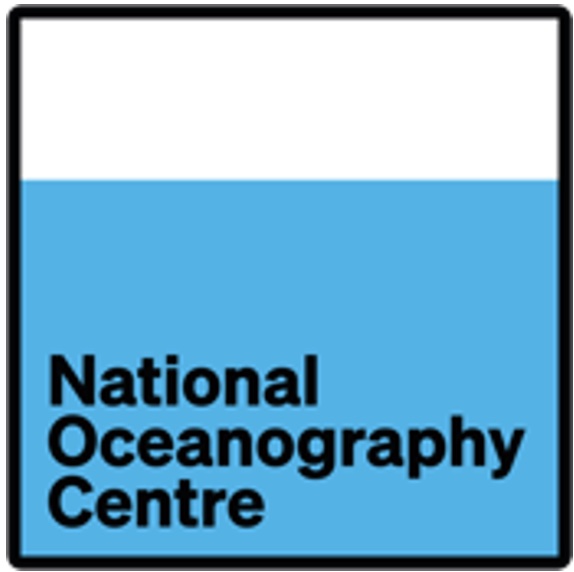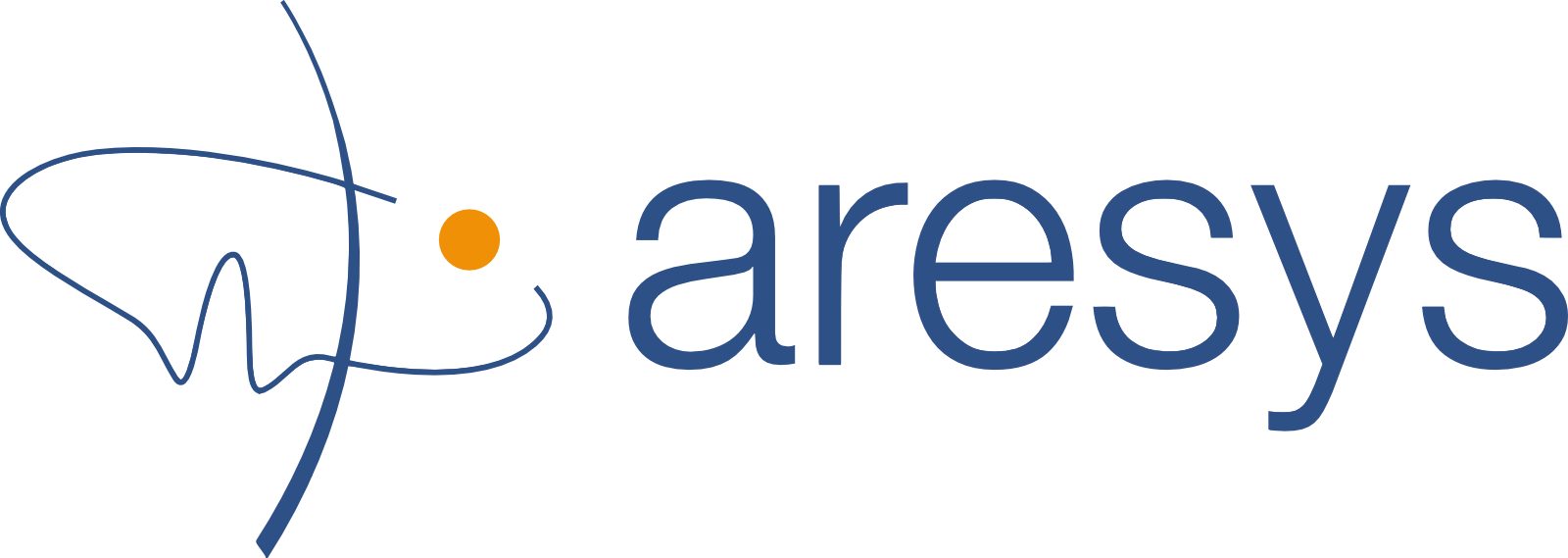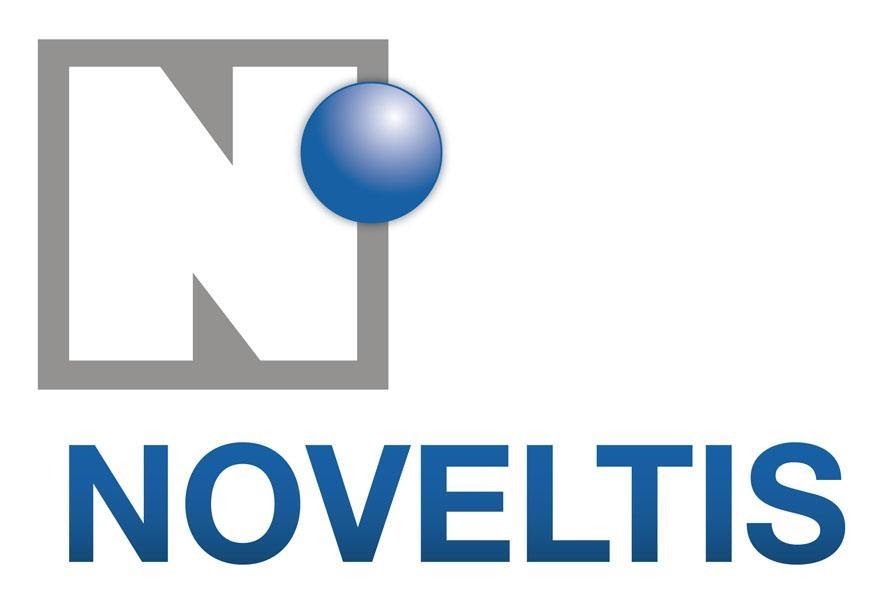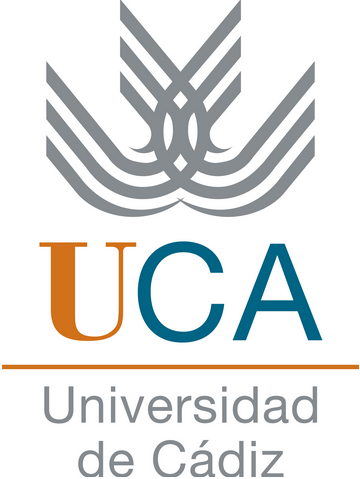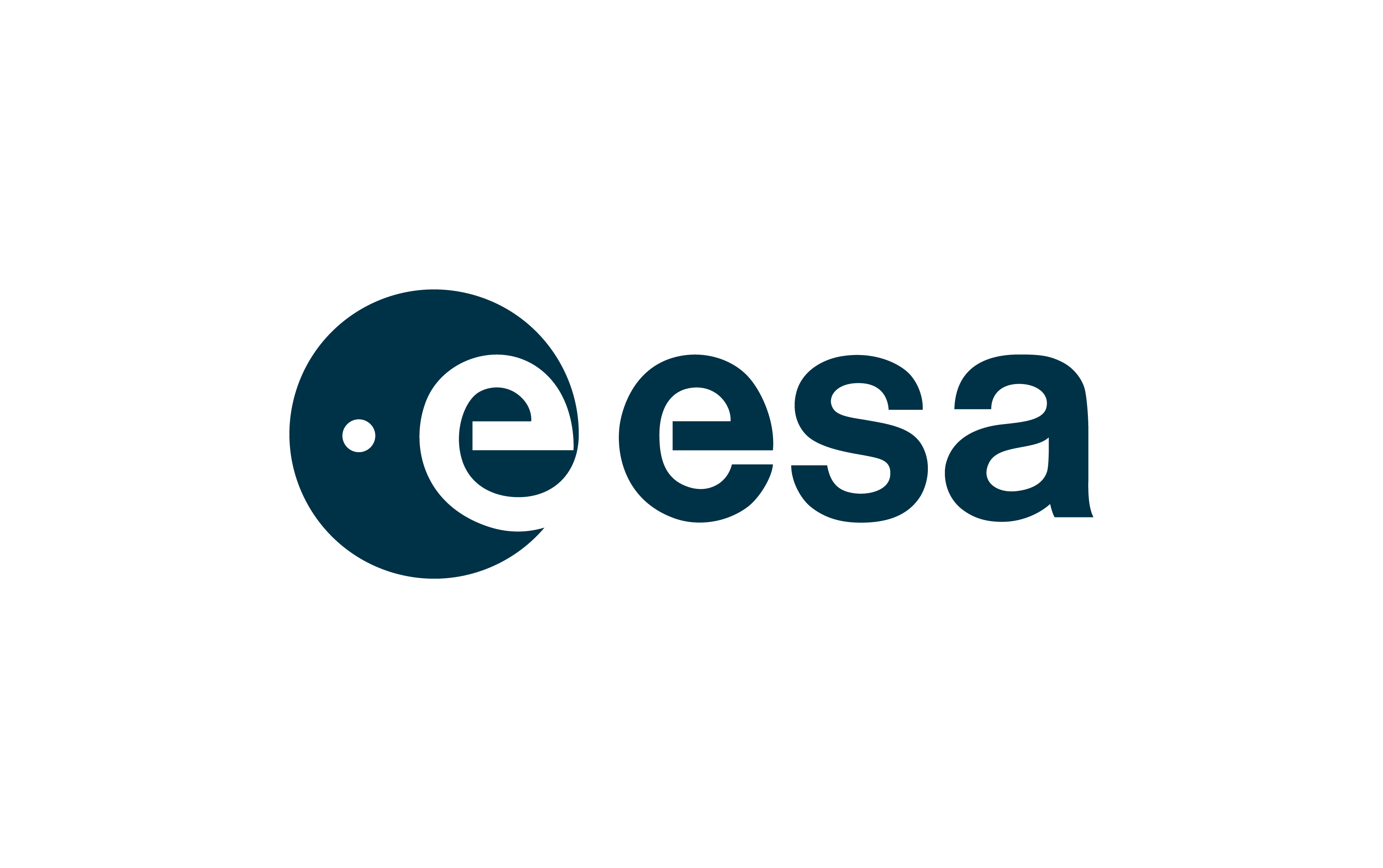|
Task 1 (February to June 2020):
Scientific Review and Requirements Consolidation
- Critical review of the state-of-the-art in the
scientific fields related to this activity (Altimetry,
Coastal and Inland Water).
- Consolidate the requirements and define the most
suitable methods and algorithms to be developed and
the data products to be generated.
Science Review
(June 2020): Confirm algorithms to be
implemented and evaluated through the production of a
test data set.
Task 2 (July 2020 to March 2022):
Algorithm Development, Implementation and Validation,
Production of Global Data Sets
- Develop, implement and test the algorithms.
- Generate, and validate, test data sets for selected
regions
Mid-term Review
(April 2022): Assess the performance of the
different processing algorithms and agree specification
for processing and contents of Global Data Sets.
- Global Coastal Zone and River Discharge
(Medium-Large) Data Sets.
- Experimental Small Rivers and Tributaries Data Set.
Task 3 (June 2022 to
June 2023): Impact Assessment
Exploitation of Global Products in Impact Assessment
Case Studies to assess impact of Global Products:
- Processor Case Studies.
- Joint Coastal Zone and Inland Water Impact
Assessment,
- Inland Water Impact Assessment.
Acceptance Review
(June 2023): Present
and
review Impact Assessment Reports.
Task 4 (June 2023 -
September 2023): Scientific Roadmap
Develop
a Scientific Roadmap identifying scientific priority
areas, including
- Recommendations and guidance for future scientific
data exploitation projects.
- Recommendations for algorithmic evolutions within
baseline processing.
- Recommendations for future interferometric altimetry
missions.
Final Review
(September 2023): Presentation
and
review of project results.
|

